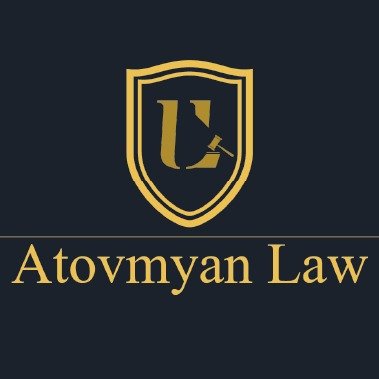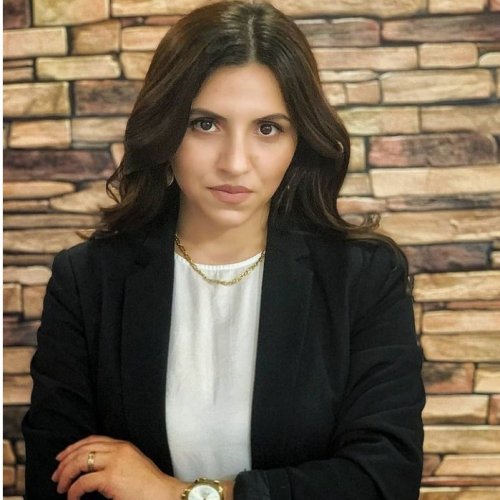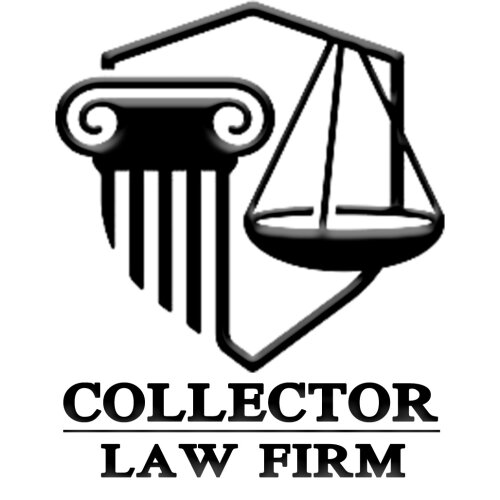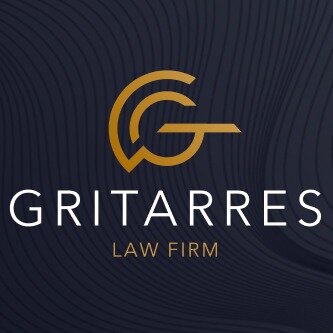Best Civil Rights Lawyers in Armenia
Share your needs with us, get contacted by law firms.
Free. Takes 2 min.
Or refine your search by selecting a city:
List of the best lawyers in Armenia
About Civil Rights Law in Armenia
Civil Rights in Armenia are fundamentally rooted in the Constitution and aim to ensure the protection of individual freedoms and equality. These rights encompass various aspects such as freedom from discrimination, the right to free speech and assembly, and protection from unjust governmental actions. The progression of Civil Rights law in Armenia has been influenced by both historical contexts and its commitment to various international human rights treaties. While recent advancements have been made, challenges remain, particularly regarding the enforcement of these rights and the need for continued legal reform.
Why You May Need a Lawyer
Engaging a lawyer in Civil Rights matters can be crucial in various situations. This includes instances where you face discrimination based on race, gender, ethnicity, or another protected characteristic. It can also involve cases where there are violations of rights related to freedom of expression, assembly, or religion. Lawyers can provide guidance and representation in trying to resolve conflicts with government entities or private institutions, ensuring your rights are upheld in employment, education, housing, or public services. Legal assistance can be invaluable in navigating the complexities of the legal system and advocating for fair treatment.
Local Laws Overview
Armenia’s legal framework for Civil Rights is based primarily on its Constitution, which guarantees equality and the protection of basic freedoms. Several laws regulate Civil Rights, including anti-discrimination laws and regulations guaranteeing freedom of expression and assembly. Key institutions such as the Human Rights Defender of Armenia play an essential role in promoting and protecting these rights. While Armenia is a party to international human rights treaties, ensuring that these principles are integrated into local legislation remains a work in progress, with ongoing efforts towards legislative and policy reforms to align with international standards.
Frequently Asked Questions
1. What are my basic Civil Rights under Armenian law?
Basic Civil Rights in Armenia include the right to equality before the law, freedom of speech, the right to peaceful assembly, and freedom from discrimination.
2. How do I know if my rights have been violated?
If you experience discrimination, harassment, or any denied freedom guaranteed by the Armenian Constitution and laws, it may constitute a rights violation. Consulting with a legal expert can provide clarity.
3. Can I file a complaint against government entities?
Yes, individuals can file complaints against government entities if they believe there has been a violation of their Civil Rights. Legal advice is often required to navigate these processes effectively.
4. What should I do if I face discrimination in the workplace?
You should document the incident(s) and seek legal advice. A lawyer can help assess the situation and explore options for addressing potential discrimination under Armenian law.
5. How can I exercise my right to peaceful assembly?
While Armenians have the right to peaceful assembly, organizing or participating in public gatherings may require advance notification and adherence to regulations to ensure public safety.
6. What international treaties on Civil Rights does Armenia recognize?
Armenia is a party to several international treaties, including the International Covenant on Civil and Political Rights and the European Convention on Human Rights, which guide its Civil Rights laws.
7. Who can I contact for immediate help with a Civil Rights issue?
For immediate assistance, you can reach out to the Human Rights Defender of Armenia or legal aid organizations specializing in human rights.
8. How reliable are Armenian courts in enforcing Civil Rights?
While Armenia has committed to strengthening its judiciary, challenges persist in consistency and enforcement of Civil Rights rulings. Legal representation can help navigate these challenges.
9. Can non-citizens exercise Civil Rights in Armenia?
Non-citizens in Armenia are entitled to certain Civil Rights; however, their scope might differ from citizens. It's advisable for non-citizens to seek legal advice for specific issues.
10. How does one report a human rights violation?
Human rights violations can be reported to the Human Rights Defender of Armenia or through legal channels, where a detailed account and evidence of the violations should be provided.
Additional Resources
There are several resources available for those seeking guidance on Civil Rights in Armenia:
- The Human Rights Defender of Armenia, an independent institution tasked with protecting individuals' rights.
- NGOs such as the Helsinki Committee of Armenia and Transparency International Armenia, which offer legal assistance and advocacy services.
- Government bodies like the Ministry of Justice, which provide information on legal rights and processes.
- International bodies like the United Nations or the Council of Europe, which provide additional external support and oversight.
Next Steps
If you require legal assistance regarding Civil Rights issues in Armenia, consider the following steps:
- Document all relevant details related to your issue, including dates, times, and involved parties.
- Consult with a lawyer or legal aid organization that specializes in Civil Rights to understand your options.
- If applicable, file a formal complaint or legal claim through the appropriate channels.
- Stay informed about your rights and any ongoing legal reforms that may influence your case.
By taking these steps, you can better navigate the legal system and advocate for your rights effectively.
Lawzana helps you find the best lawyers and law firms in Armenia through a curated and pre-screened list of qualified legal professionals. Our platform offers rankings and detailed profiles of attorneys and law firms, allowing you to compare based on practice areas, including Civil Rights, experience, and client feedback.
Each profile includes a description of the firm's areas of practice, client reviews, team members and partners, year of establishment, spoken languages, office locations, contact information, social media presence, and any published articles or resources. Most firms on our platform speak English and are experienced in both local and international legal matters.
Get a quote from top-rated law firms in Armenia — quickly, securely, and without unnecessary hassle.
Disclaimer:
The information provided on this page is for general informational purposes only and does not constitute legal advice. While we strive to ensure the accuracy and relevance of the content, legal information may change over time, and interpretations of the law can vary. You should always consult with a qualified legal professional for advice specific to your situation.
We disclaim all liability for actions taken or not taken based on the content of this page. If you believe any information is incorrect or outdated, please contact us, and we will review and update it where appropriate.
Browse civil rights law firms by city in Armenia
Refine your search by selecting a city.














